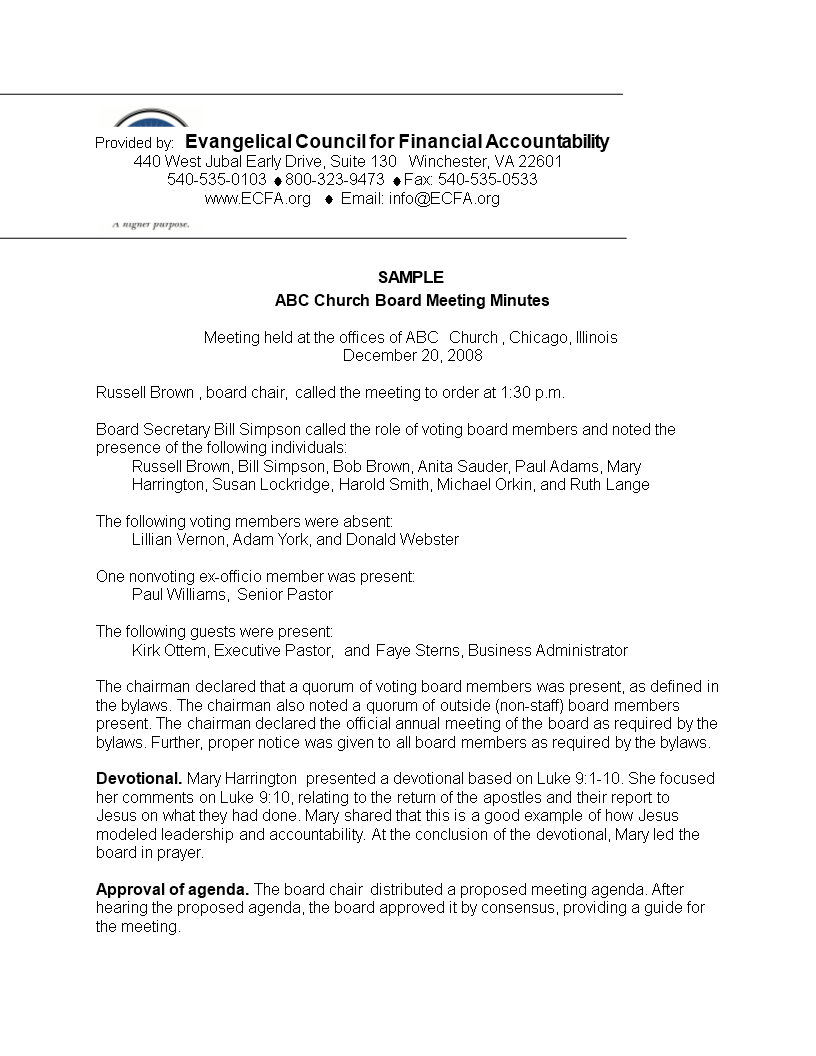
Yes, although they are subject to different requirements from other public bodies for holding executive sessions and posting meeting notices. 30A, §§ 21(a)(2), (3), the purposes allowing for discussion of strategy with respect to collective bargaining and for conducting collective bargaining sessions.Īre “Special Commissions” or “Special Legislative Commissions” public bodies subject to the Open Meeting Law? However, bodies created by a municipality to negotiate with a PEC may be public bodies, though some of their discussions may be appropriate for executive session under G.L. 32B, serve the interests of public employees, rather than the public, and thus are not public bodies subject to the Open Meeting Law. Both groups, formed for employee negotiation purposes under the Municipal Health Insurance Reform Act, G.L. 32B, § 19, are not public bodies subject to the Open Meeting Law. 32B, § 3, and PECs created pursuant to G.L. No, the Attorney General’s Office has determined that IACs created pursuant to G.L.
#Who signs the minutes of a meeting full#
For further discussion and examples, see OML 2021-150.Ī SEPAC may, through its own bylaws, choose to specify that all meetings of the full membership and/or of the group of officers shall be held in accordance with the provisions of the Open Meeting Law.Īre Insurance Advisory Commissions (IACs) and Public Employee Committees (PECs) public bodies subject to the Open Meeting Law? Most SEPACs whose bylaws we have reviewed do not invest their officers with independent authority to take collective action, and therefore are not subject to the Open Meeting Law. Leadership groups that are not structured in such a way as to allow for collective action, but rather that merely perform an administrative function on behalf of the SEPAC as a whole (such as scheduling and running meetings, relaying information between the membership and school officials, sharing resources, and planning programs), are not public bodies under the Open Meeting Law. Whether that group of officers is a public body that must comply with the Open Meeting Law depends on whether the group is structured in such a way as to allow for collective action to be taken by the leadership group, or whether the officers merely perform an administrative function on behalf of the SEPAC as a whole. Through its bylaws, a SEPAC may establish a leadership or governing committee. Although it is possible a SEPAC could structure itself in such a way as to satisfy the criteria for being considered a public body subject to the Open Meeting Law, all of the SEPACs we have reviewed have been determined not to be public bodies and not subject to the Open Meeting Law. We have concluded that a body with such a fluid makeup, which has an ever-changing membership and quorum, and which carries out its role based on whoever attends a particular meeting or participates in a particular vote, is not the type of body to which the Open Meeting Law applies. However, where a public official creates a committee because they are required to do so by law, regulation or at the direction of a governing authority such as a City Council or Board of Selectmen, then the committee will likely be subject to the Open Meeting Law.Īre Special Education Parent Advisory Council (“SEPAC”) groups public bodies subject to the Open Meeting Law?īy law, membership in a SEPAC is open to “all parents of eligible students and other interested parties.” 603 CMR 28.07(4). Because the superintendent could have chosen a school principal entirely on his own without creating the committee to advise him on a candidates, his informal creation of a committee did not subject the body to the Open Meeting Law. 232 (1991), in which the SJC held that a high school principal selection committee appointed by the school superintendent to assist him in choosing candidates was not a governmental body subject to the OML.




Accordingly, where a public official creates a committee to advise that public official on a decision that he or she has sole responsibility for the committee or board would not be subject to the Open Meeting Law. The OML does not apply to committees or boards informally appointed by individual officials to carry out duties that are assigned to such officials. Is a committee or board created by a public official subject to the Open Meeting Law?


 0 kommentar(er)
0 kommentar(er)
